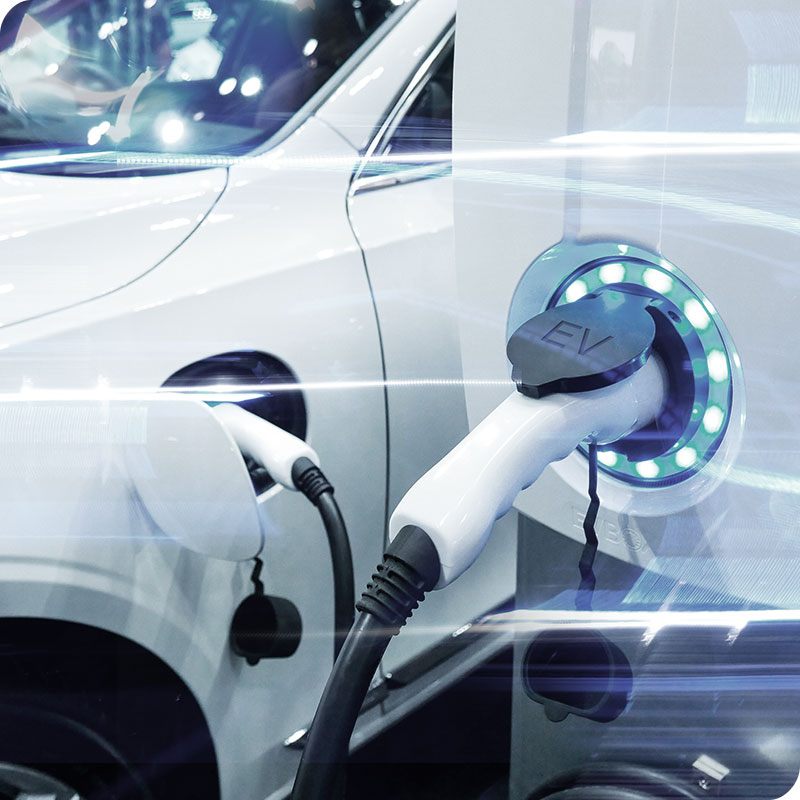WHAT IS THE "GIG" ECONOMY ?: 10 CHARACTERISTICS
The new forms of the economy, which arise with models such as Uber, are increasingly disconnected from the formality of traditional companies, although they are essentially based on connection, which, yes, is their backbone. In addition, these new ways of working and making money have become the key issue of debate in the world, with very opposed positions.
But, what "gig" economy, "economy on-demand" or "sharing economy" is and what does it consist of? The concept refers to services such as Uber, Airbnb, Homeaway, Love Home Swap, Lyft, BlablaCar and Amazon Flex, among others, which are growing rapidly and have shaken the labor market schemes in various industries.
What do these proposals have in common?
Connection and information. The basis of these new forms of economy is ubiquity. These services focus on communication through the Internet, as it is, this is the "network-based economy" and the applications are the means.
Innovation is your engine. All these new ideas have put on the table business models that are innovative, practical and meet expectations of the unstoppable and surprising technological development that we are experiencing.
Labor flexibility. These models raise questions about the protection and stability of jobs. In fact, that's where the term "gig" comes from, used at the beginning of the 20th century by jazz groups when they talked about spontaneous collaborations. A study by the company Intuit reveals that today in the United States 40% of the workforce is composed of freelancers. So the detractors of this type of work think that in this way the "work at times" is being promoted.
It is a peer to peer economy or an exchange economy. In this sense, the employee-employer relationship is transformed, as well as the business-client relationship, with whom in many cases it is rather an exchange.
The border between work and leisure becomes diffuse (which in principle sounds thrilling) due to the constant mobility and the elimination of fixed schedules. The limits between work and leisure hours are less clear, and the walls of the work space are blurred. Any place can be a place for work.
Forms of payment with plastics. Money is disappearing more and more because the transactions, both economic and relational, are virtual.
Borders are broken, since most of these systems -except Uber, of course- provide their services globally. This, additionally, brings people closer together.
Its creation has caused conflict for the economic status quo, for example, the taxis and public transport systems of some cities, for the case of Uber. Or to hotel conglomerates, hosting and tourist services, as in the case of Airbnb and Home Away.
The work comes to the ringtone. Many people wait on their phone to be called to do a job, such as Amazon Flex that creates a collaborative job in which anyone can deliver the company's shipping packages at any time. Well, this does not take long to be replaced by the drone service …
We can all be everything, from there the term "sharing economy". I can deliver a package or transport someone, host people and prepare food, be hosted …
Who knows what else comes to enrich this concept. Everything began as a silent revolution until the "Uber effect" -with its manifestations of taxi drivers in different parts- uncovered the change and prepared the way to make the "gig" economy increasingly visible and practiced.
Of course, all this is not so simple. It is linked to a series of challenges in terms of the labor market and to threats to large companies. Yes, it is turning your eyes and organizing the economy from other points of view: the industrial era whose work system brought people together in the same physical place, at certain times and in precise ways, remains in the past.
The photo was taken from the site https://pixabay.com/














